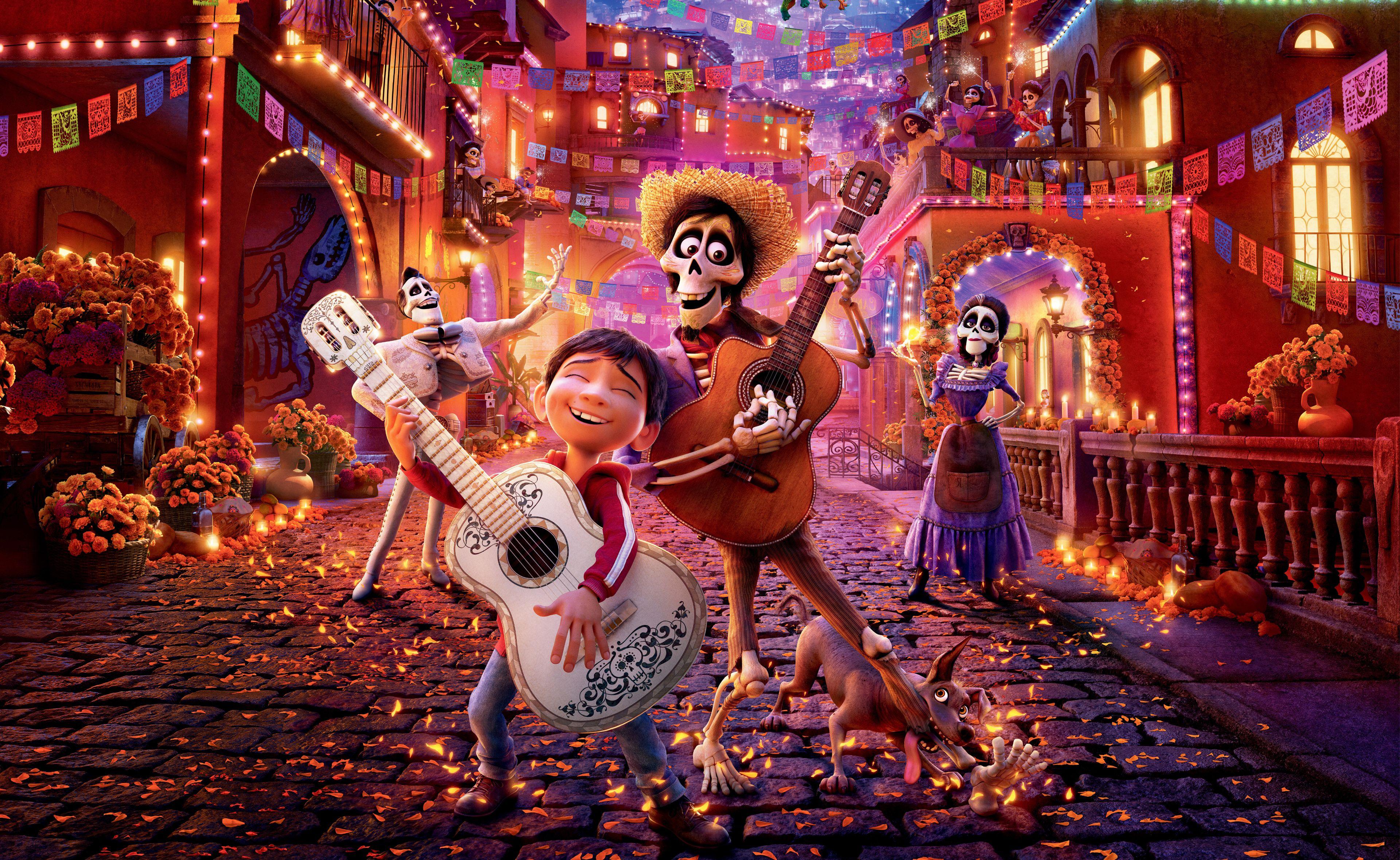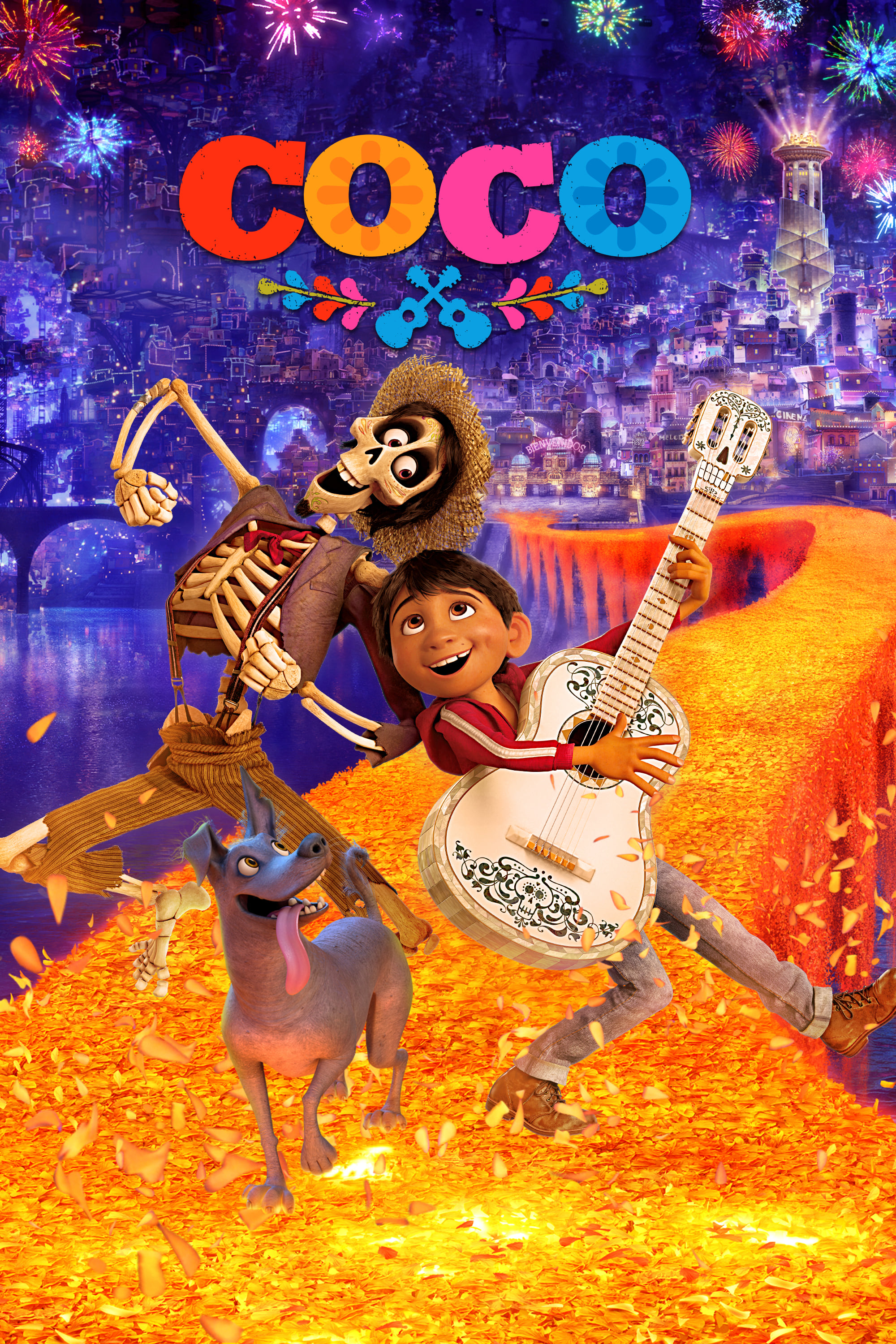Coco Gauff R - Exploring Digital Connections And Shared Experiences
Sometimes, you know, our digital lives bring up all sorts of interesting connections, don't they? We might be looking into something specific, like, say, "coco gauff r," and find ourselves seeing how different pieces of information fit together, or perhaps don't quite fit, in a way. It's almost like piecing together a puzzle, isn't it?
There are, in fact, many ways we interact with digital content, from stories that touch our hearts to the practical stuff of managing data. This journey through information, really, can show us how seemingly separate bits of knowledge can actually, in some respects, connect in unexpected ways.
So, we're going to take a look at a collection of thoughts and observations, all stemming from various digital moments. It's about seeing what comes up when we explore topics that have a common thread, like the name "Coco," and how they might, just a little, relate to broader ideas.
Table of Contents
- Understanding "Coco" in Different Contexts
- What is the "Coco" Story We Often Hear?
- Digital Data and the "coco gauff r" Connection
- Why is Downloading "coco gauff r" Data So Tricky?
- Personal Identity and the Name "Coco"
- Is "Coco" a Name with Mixed Feelings, you know, for "coco gauff r" discussions?
- Everyday Digital Encounters
- What Happens to Your Coco Bubble Tea, for example, After a While?
Understanding "Coco" in Different Contexts
When we hear the name "Coco," it can, you know, bring to mind a whole range of things, depending on what we're thinking about at the moment. For some, it immediately points to a beloved animated film, a story that explores family ties and the importance of remembering those who have come before us. This movie, as a matter of fact, really touches on deep emotional threads, showing how the past shapes the present and how forgiveness can play a part in a family's history. It's almost like a quiet lesson about life's bigger picture, isn't it? The way stories like this resonate, really, goes to show how powerful narratives can be in our shared human experience.
What is the "Coco" Story We Often Hear?
The animated tale of Coco, as many people recall, features a main character who, for a very long time, never quite completed a significant family tradition. She did not, apparently, place a photograph of her father within the family's memorial space. So, the quiet message of that story, you know, is about Coco finding a way to understand and accept her father's entire existence. After being, in a way, left behind by another character, it wasn't just one person who felt a deep sense of anger; it was a feeling that spread wider than you might think. This narrative, you know, gently guides us through the idea of a child coming to terms with a parent's life choices, even those that caused pain. It's a rather profound look at reconciliation, isn't it, and how memories can be both a source of hurt and a path to peace.
Later in the story, as Coco was, in fact, nearing the end of her life, her recollections were almost entirely gone. It was at this point that a younger family member, Miguel, sang a song, "Remember Me," a melody belonging to Coco's father, who was also Miguel's great-great-grandfather. This act of singing, actually, caused Coco's awareness to suddenly return, helping her recall her father. This moment was truly important because it meant her father would not, you know, fade away in the world of the departed. It shows, in a way, the incredible power of music and memory to keep connections alive, even when time has taken so much. It's a testament, really, to how small actions can have big effects on the stories we carry with us.
- Iheart Music Awards Taylor Swift
- Grant Jennifer
- Lori Harvey Boyfriend
- Frankie Muniz Kids
- Elizabeth Hurley Nude Naked
Digital Data and the "coco gauff r" Connection
Moving from heartfelt stories to the more technical side of our digital lives, we often encounter situations where getting our hands on large amounts of information can be, you know, a real exercise in patience. Whether it's for research, learning, or just curiosity, accessing big collections of data is a common need. This process, as a matter of fact, can sometimes be a bit more involved than we might first imagine, bringing with it its own set of challenges. It’s almost like trying to move a mountain with a spoon, isn’t it, when you’re dealing with gigabytes upon gigabytes of material? The sheer size of these digital packages, really, can make the task quite a hurdle for anyone trying to acquire them.
Why is Downloading "coco gauff r" Data So Tricky?
Have you ever, like, been in the middle of trying to get a really big file, you know, like a massive collection of information, and then suddenly, it just slows down to a crawl? It's really frustrating, isn't it? You might be trying to pull down tens of gigabytes of data, and it just stops moving at a good pace, dropping to just a few kilobytes every second. That's, actually, a truly difficult situation to deal with. It's almost like you've tried every possible way to get it, perhaps even using popular cloud services, and yet, the problem just persists, making the whole process quite a challenge. This kind of experience, really, makes you wonder about the invisible forces at play in the digital world, doesn't it, especially when you’re trying to gather extensive information for something like a "coco gauff r" project?
When it comes to training a computer model, for example, there's a setting called "epoch" that determines how many times the model looks at the entire dataset. People often wonder how high to set this number for the model to, you know, reach a good point where it learns all it can. Sometimes, you might set it quite high, but the model still doesn't seem to settle into a stable state. This can be a bit puzzling, as a matter of fact, because you expect it to eventually find its way. It's like trying to teach someone something, and they keep practicing, but the lesson just isn't quite sinking in, is that right? This kind of issue, really, points to the deeper complexities involved in teaching machines to understand information, especially when dealing with vast datasets like those that might be related to "coco gauff r" research.
Another common question in the digital space involves getting local pictures ready for online use. For instance, if you need to send an image to a service, like an API from a cloud provider, it often asks for a web link to that picture. So, the challenge becomes, you know, how do you turn a picture sitting on your computer into something that has an online address? This usually means you have to first put the picture onto a server somewhere, giving it that unique web address. It’s a step that, basically, connects your personal files to the wider internet, making them accessible for various online applications. This process is, actually, quite a regular task for anyone working with web services, and it’s a good example of how different parts of the digital world link up, perhaps even for things that involve "coco gauff r" related image collections.
Personal Identity and the Name "Coco"
Our names are, you know, a very personal part of who we are, aren't they? They often come with stories, meanings, and sometimes, even unexpected perceptions from others. It's interesting how a name can carry different feelings or associations across various cultures or even within the same one. What might seem perfectly fine to one person could, in fact, bring up different thoughts for another. This makes the simple act of having a name a rather complex experience, especially when you consider how it's received by the wider world. It's almost like a small piece of ourselves that we put out there, and how it's interpreted can be quite varied, can't it?
Is "Coco" a Name with Mixed Feelings, you know, for "coco gauff r" discussions?
Someone shared, for example, their own experience with the name "Coco," which they'd had since they were very young, perhaps around three or four years old, given to them by their father. They later discovered, through interactions with people from other countries, that their name could, in some respects, carry some less favorable meanings. It was a bit awkward for them, you know, to realize that "Coco" might be linked to ideas of a dancer, an actress, or someone who performs on a pole. This situation, really, highlights how a name can have different cultural baggage, and what's innocent in one place might be seen differently elsewhere. It's a good reminder, actually, that personal identity is often shaped by how others perceive us, and that even something as simple as a name can have layers of meaning that we might not initially be aware of, especially when we consider broader conversations, like those that might come up in "coco gauff r" related topics.
Everyday Digital Encounters
Beyond big stories and technical challenges, our digital lives are also filled with, you know, very ordinary, day-to-day interactions. These small moments, like ordering a drink or checking a website, form a significant part of our experience with technology. They might seem unimportant on their own, but together, they paint a picture of how seamlessly digital tools have woven themselves into our routines. It's almost like these tiny interactions are the building blocks of our online existence, aren't they? They show us how digital services are constantly at work, helping us with tasks both big and small, and often, without us giving them much thought at all.
What Happens to Your Coco Bubble Tea, for example, After a While?
Just the other night, someone mentioned, they got a Coco pearl milk tea. They kept it unopened in the refrigerator and took it out a bit later. The liquid part of the drink, you know, tasted just as it should, without any change. But the little pearls, the boba, had, in fact, changed quite a bit. They had become a bit firm and soft at the same time, losing that springy, chewy feeling they usually have. So, the advice, really, is that it's probably a good idea to drink these kinds of beverages fairly soon after you buy them. This small observation, actually, is a good example of how even everyday items have their own time limits, and how digital platforms, like those where you might share such experiences, help us learn from each other's simple observations, perhaps even for things that relate to "coco gauff r" and consumer experiences.
The online platform Zhihu, for instance, is a place where people go to, you know, find out about the stories behind questions. It aims to make every click meaningful, allowing individuals to share what they know, what they've done, and what they think, helping others find their own answers. This platform, which started back in January 2011, is a well-known community for quality discussions and original content in the Chinese internet space. It's built on the idea of being thoughtful, skilled, and welcoming in its community approach. It's a good example, actually, of how digital spaces can be created to help people connect over shared inquiries and insights, providing a kind of collective wisdom, which is, in a way, what we're trying to do here by looking at these various "coco gauff r" related snippets.
- Janelle Kidman
- Recommended Whitening Strips
- Harry Potter Show Cast
- Johannah Deakin
- Recent Celebrity Deaths 2024

Coco Pixar Wallpapers - Top Free Coco Pixar Backgrounds - WallpaperAccess

Coco (2017) | The Poster Database (TPDb)
Coco Movie UHD 8K Wallpaper | Pixelz